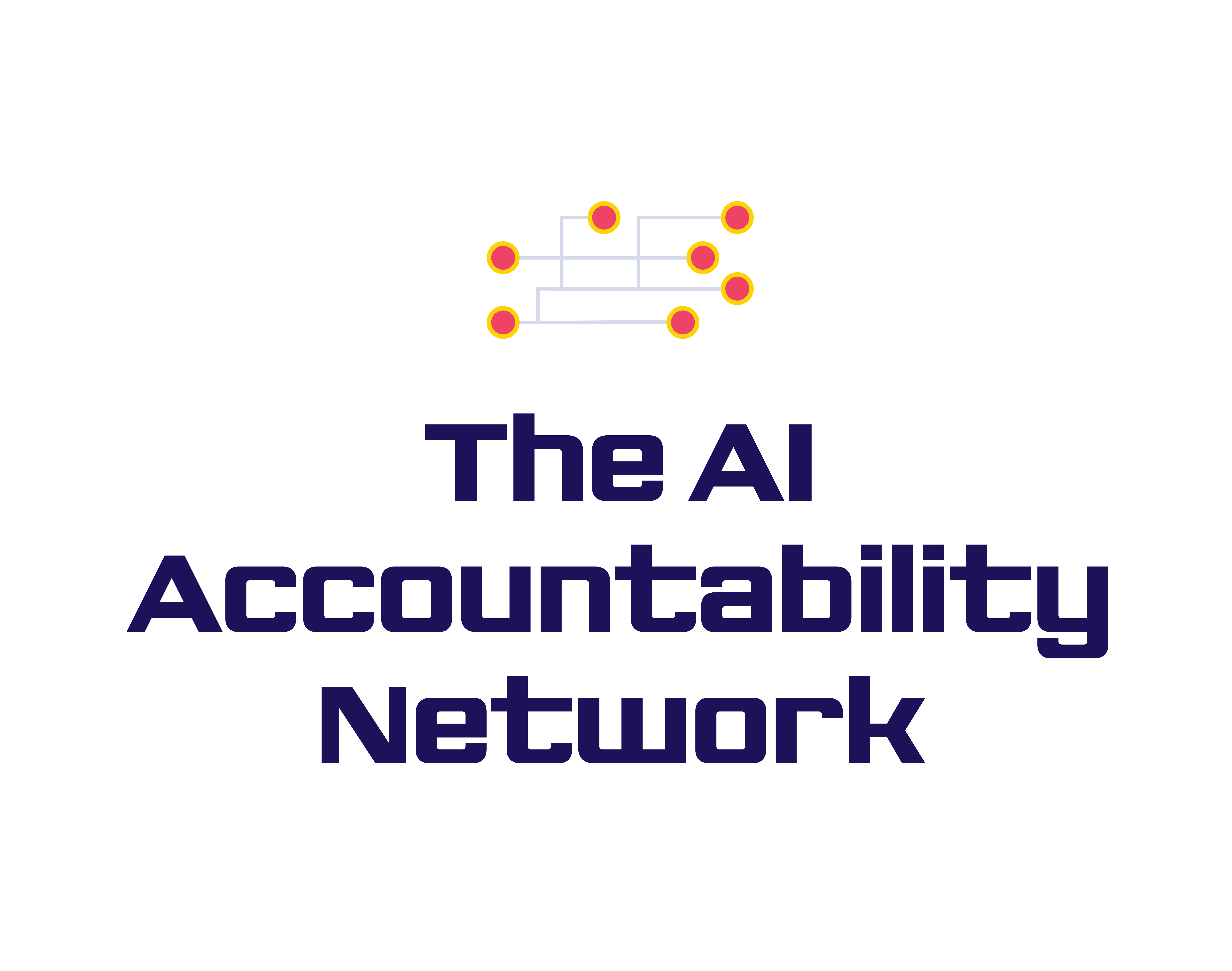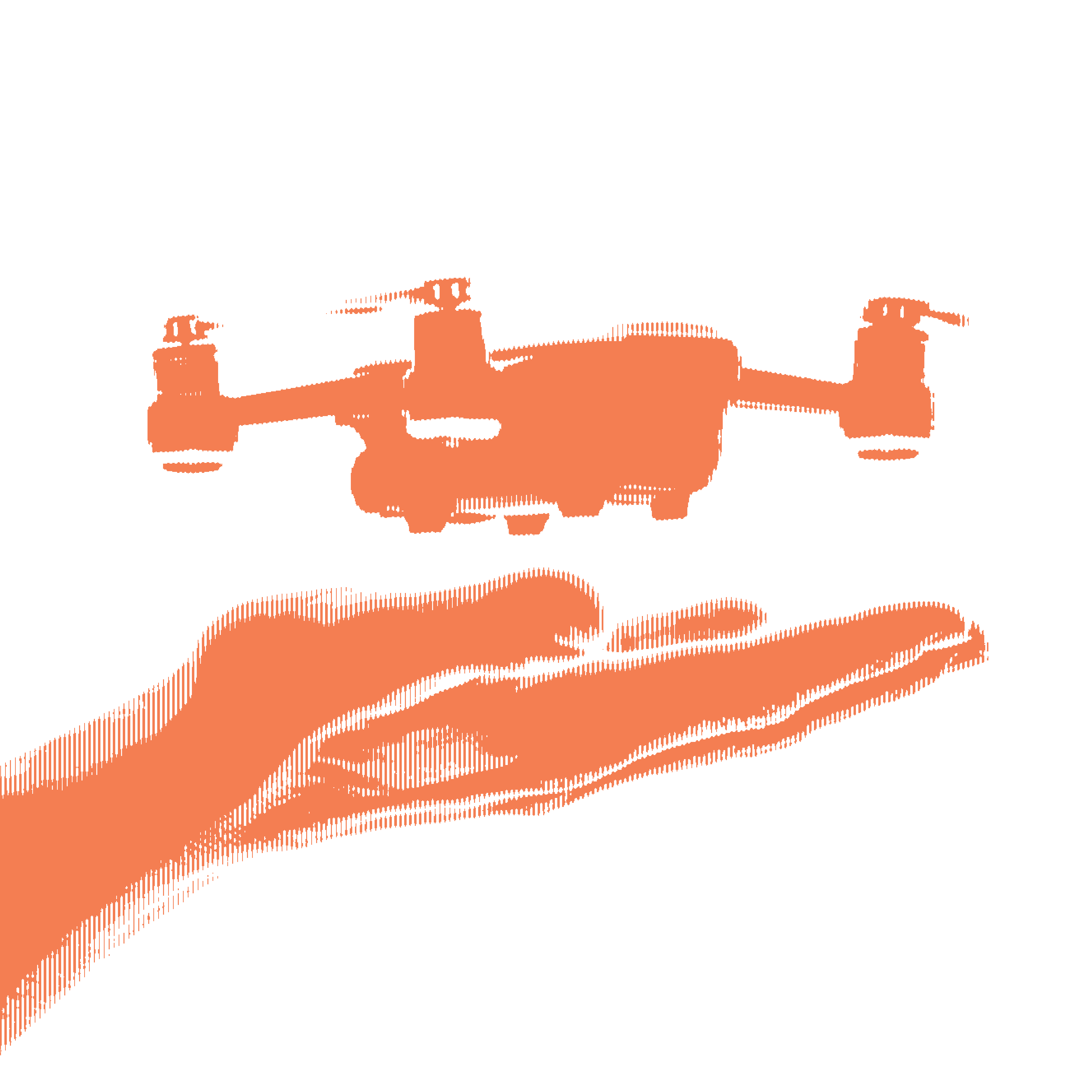
For my project, I worked with journalists and researchers to investigate EU-funded high-tech surveillance systems at Greek refugee camps and the Greek border, how they compare to technologies at the US-Mexico border, and US-Greek/European collaboration and lesson-learning on border technology initiatives.
During the course of my Pulitzer fellowship I spent the majority of my time researching and reporting on automated surveillance and security systems at Greece’s new-generation refugee camps, also known as “Closed and Controlled Access Centers.” Technologies installed in the camps include an AI security and surveillance system, dubbed Centaur, and an entry-exit system that relies on biometrics.
Greece’s virtually non-existent public records system and the secrecy afforded to authorities and companies working on border projects posed many challenges, but collaborators and I were able to find workarounds to obtain information. Techniques included on the ground reporting, submitting documents requests to European Union authorities regarding relevant EU-funded projects in Greece, reviewing presentations and other materials from private companies involved, and taking advantage of EU data transparency laws to submit a Data Subject Request.
Although the reporting is ongoing, colleagues and I were able to produce a series of illuminating reports, including a story on EU-funded “new generation” refugee camps that was discussed and debated by Europe’s top migration officials and members of the European Parliament.

As a nonprofit journalism organization, we depend on your support to fund more than 170 reporting projects every year on critical global and local issues. Donate any amount today to become a Pulitzer Center Champion and receive exclusive benefits!
Project Background
In the aftermath of a fire that decimated one of Europe’s most notorious camps on the Greek island of Lesbos island, Greece and the European Union invested hundreds of millions of euros into several new refugee centers and promised safer conditions for refugees and local communities, partly through a variety of security and surveillance systems. Greek authorities have lauded this surveillance apparatus as a silver-bullet solution to the dangers that plagued previous makeshift migrant camps in Greece.
I first became aware of Greece’s plans to use high-tech surveillance at refugee camps through an article published by Algorithm Watch. In the fall of 2021, Greece’s migration ministry announced the inauguration of an Athens-area control room to monitor refugee camp systems. Soon after, I managed to arrange a tour of the control room and in December colleagues and I published a story revealing, for the first time, details on the automated threat-detection surveillance system newly installed at refugee camps across Greece, and how Greek authorities planned to use them to ensure the safety of residents and local communities. As authorities were bringing the system to refugee camps across Greece, I wanted to better understand the inner workings of the system and its impact, and with the Pulitzer Center’s support I set out to answer questions about how the system was implemented; how it works, and the long-term and short-term implications for people who live under the system’s watch. I also wanted to understand how the presence of these predictive surveillance technologies impact the daily lives of refugee camp residents and nongovernmental organizations and aid groups who work within and around the camps.
Data sources and reporting techniques
To answer these questions and report out the various parts of my project I relied on various techniques and data sources.
Freedom of Information Act (FOIA) Requests
I submitted Freedom of Information Act (FOIA) requests on the state and federal levels in the U.S., as well as Public Access to Documents (PAD) requests, the European FOIA equivalent, to European Union agencies and authorities.
Even though Greece technically has a public records request process, authorities have an abysmal response track record. This was one of the biggest challenges I faced during this project. Requests for information and records to the Greek migration ministry simply went unanswered.

Thankfully, the surveillance and security systems I was investigating had received funding through the European Union, and the construction of the new refugee facilities was being overseen by a task force within the European Commission’s department (DG HOME) in charge of migration and home affairs. This provided an opening for me and my colleagues to request documents through the European Commission. We also had the option to FOIA other European agencies and authorities including Frontex, the European Border and Coast Guard Agency.
In order to do document requests in Europe, I worked primarily with Ludek Stavinoha, an Associate Professor in Media and International Development at the University of East Anglia who is known among investigative journalists in Europe as somewhat of a FOIA czar. I also consulted the help of the London-based nonprofit Statewatch. For some of my requests, I used the portal AsktheEU.org -- a helpful tool especially for those with little experience doing public records requests.

Stavinoha and I started submitting documents requests in July and August 2022. Not surprisingly, many of our requests were denied and documents requested were heavily redacted on the basis that information contained in the files could undermine public security and harm commercial interests, including intellectual property. Journalists requesting information on security systems involving private companies, especially within the border and migration setting, should expect documents will be withheld partially or in their entirety on those grounds. In cases where we believed information was withheld unjustifiably we filed appeals and, eventually, a complaint with the European Ombudsman. Journalists should expect these processes to be lengthy, with many delays. As of late June, we are still waiting on severely delayed replies to appeals and complaints on documents we requested nearly a year ago.

Despite redactions and delays, we managed to obtain documents that gave us valuable insight into the surveillance and security systems in the refugee camps and apparent missteps during their implementation process. During the course of our collaboration, Stavinoha obtained a batch of internal communications and other documents that revealed the extent of shortcomings on bare necessities in the very same camps Greek and European authorities were investing tens of millions of dollars into high-tech systems. Although this was not a story I anticipated producing as part of this fellowship, Stavinoha and I, in partnership with the Greek investigative newsroom Solomon, were able to piece together an investigative story that revealed previously-unknown information on potential violations at Greece’s refugee camps—an important “big picture” story backdropping our reporting on technology in the camps.
Through the Pulitzer Center, I also worked with the Reporters Committee for Freedom of the Press to FOIA U.S. agencies, primarily the Department of Homeland Security, in order to better understand collaboration and lesson-learning between Greece/Europe and the U.S. on border technology initiatives. Nearly a year after initial submission, all of my U.S. FOIAs are currently pending appeals.
Although I had virtually no experience filing FOIAs and public records requests before this Fellowship, I’m now in a position to offer a few words of advice:
- Start as early as possible. These processes are bound to take longer than expected, and every day counts.
- Wherever possible, narrow the scope of your requests and be as specific as possible. This is likely to get you a quicker response.
- Collaborate, collaborate, collaborate! I would not have had as much success with requests and appeals had I not partnered with individuals and organizations. Collaborating also allowed me to pull together various strands of the story and get access to documents and information I would not necessarily be aware of otherwise.
On-the-Ground Reporting
My reporting took me to several refugee camps on the Greek islands and the mainland, as well as the land border region between Greece and Turkey, and the Arizona border for the U.S. portion of my project.
In particular within the Greek context—at the refugee camps and the border—being on the ground gave me an opportunity to obtain information on surveillance systems I would not have gotten through official interviews or public records requests. I was able to see some of the technology up close, in action, and to speak with people who are impacted by it.
Data Subject Request
Under Article 15 of the EU’s General Data Protection Regulation, individuals in the EU have a right to request personal data and other information processed by government agencies and private companies. After visiting several of the camps where Centaur is installed, I decided to file a Data Subject Request to better understand what data, if any, had been collected and processed on me through the system. According to the regulation, I could also request information on any automated decision-making that was involved in the processing of my data. The Greek migration ministry processed my request within a month, as is required by law. The results offered some insight into how the actual functions of the system squared with the descriptions given by Greek authorities. Namely, it corroborated our suspicion that the automated decision-making capabilities of the system at the time were not as advanced or as far along in their deployment as Greek authorities had asserted in public statements and during on-the-record interviews.
I had also considered collaborating with employees working and asylum-seekers living in the new camps—to have them submit Data Subject Requests on their own data. After consulting with a human rights lawyer and camp sources, I ultimately decided this would be too risky and could potentially jeopardize the employment status and asylum applications of participants.
For those reporting in the EU, Data Subject Requests can offer valuable insight, and I would highly recommend pursuing them as a reporting tool. The website My Data Done Right provides a helpful template for anyone who wants to submit their own Data Subject Request.
Other databases and sources used for this project included:
- Interviews with Greek Migration Ministry and other officials, asylum-seekers, technology and privacy law experts and others
- Diavgeia: a portal containing documents of payments, agreements, and other actions by governmental and administrative bodies in Greece
- Financial records, presentations, and other materials of private companies contracted by Greek government for technology projects at refugee camps and border
- Google Earth satellite imagery
Limitations and Food for Thought about the Future for Similar Types of Projects
Greece’s virtually non-existent public records system, paired with the secrecy authorities are obligated or allowed to maintain on border security matters, made this one of the most challenging reporting projects I have undertaken as a journalist. Colleagues and I found innovative workarounds to obtain new information and publish groundbreaking work on the subject. But if I had the opportunity to do this all over again, I would go into it with more realistic expectations about the time frame of the project or opt to do similar reporting in a country with either stronger transparency laws or on a subject matter that is not as obscured (whether justifiably or unjustifiably).










